Ascending the majestic slopes of Mount Kilimanjaro is an exhilarating adventure, but it's essential to be aware of the potential risks associated with high altitude. Altitude sickness, also known as acute mountain sickness (AMS), can affect trekkers as they ascend to higher elevations, but with proper preparation and support, it can be managed effectively. Here's everything you need to know about navigating altitude sickness on Kilimanjaro
Understanding Altitude Sickness
Altitude sickness is a common condition caused by exposure to low oxygen levels at high altitudes. Symptoms typically include headache, nausea, fatigue, dizziness, and shortness of breath.
As you ascend Kilimanjaro, the air becomes thinner, making it more challenging for your body to oxygenate your blood. It's essential to acclimatize gradually to allow your body time to adjust to the altitude.
Prevention Strategies
To reduce the risk of altitude sickness, it's crucial to acclimatize properly by following a gradual ascent profile and allowing for rest days at intermediate altitudes.
Staying hydrated is essential at high altitudes, so drink plenty of water throughout the day to prevent dehydration. Avoid alcohol and caffeine, as they can contribute to dehydration and exacerbate altitude sickness symptoms.
Our experienced guides at Jiwe Adventures are trained to monitor trekkers for signs of altitude sickness and provide guidance on proper acclimatization techniques. They will assess your condition regularly and adjust the trekking itinerary as needed to ensure your safety and well-being.
Managing Altitude Sickness
If you experience symptoms of altitude sickness, it's essential to communicate with your guides and seek assistance promptly. Descending to a lower altitude is the most effective treatment for altitude sickness, as it allows your body to recover and oxygenate properly.
Our team at Jiwe Adventures is equipped to handle altitude sickness emergencies, with access to supplemental oxygen, emergency evacuation procedures, and medical support if needed. Your safety is our top priority, and we're committed to ensuring that you have a safe and enjoyable trekking experience on Kilimanjaro.
Training and Preparation
Physical fitness and proper preparation are key to minimizing the risk of altitude sickness. Engage in regular cardiovascular exercise, such as hiking, cycling, or jogging, to improve your cardiovascular fitness and endurance.
Our pre-trek briefing sessions provide valuable information on altitude sickness prevention and management, as well as tips on proper hydration, nutrition, and pacing during the trek.

Free date changes

Guaranteed refunds

Full financial protection
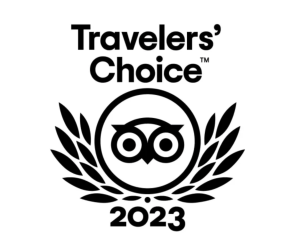
Jiwe Adventures has been
rated excellent by its customers
Call to build a tailor-made adventure
Submit an enquiry
Contact us by phone or email about your adventure holiday, tour, flight or tailor made travel enquiry
Jiwe Adventures
Pictures taken by our past clients
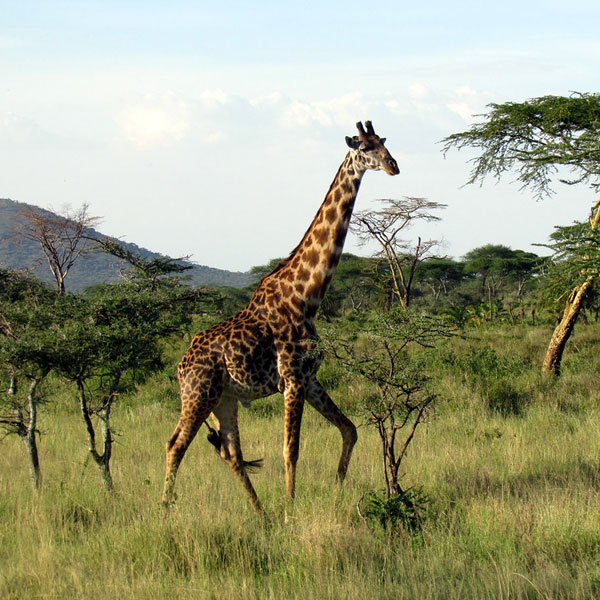


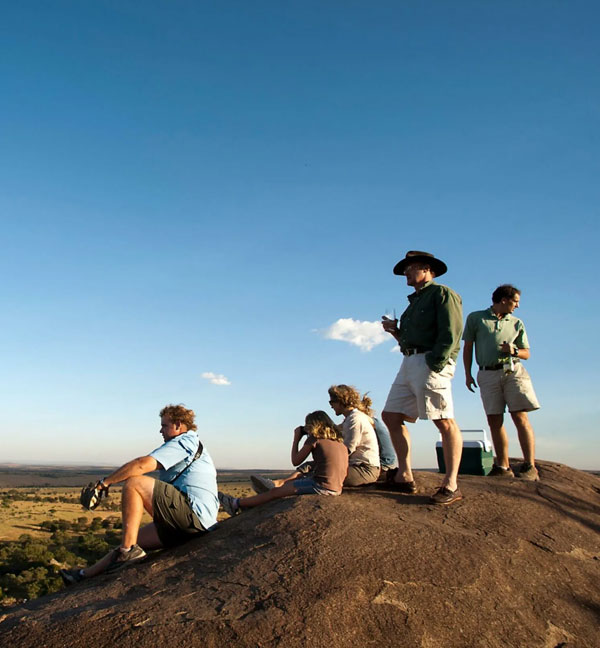


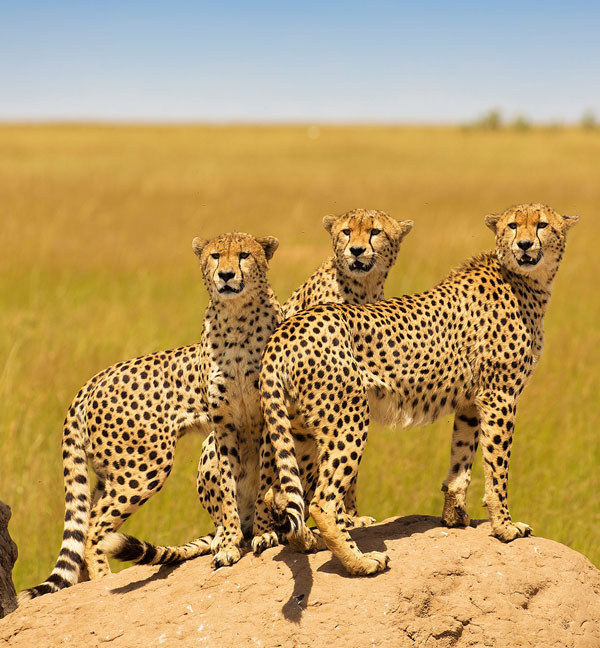
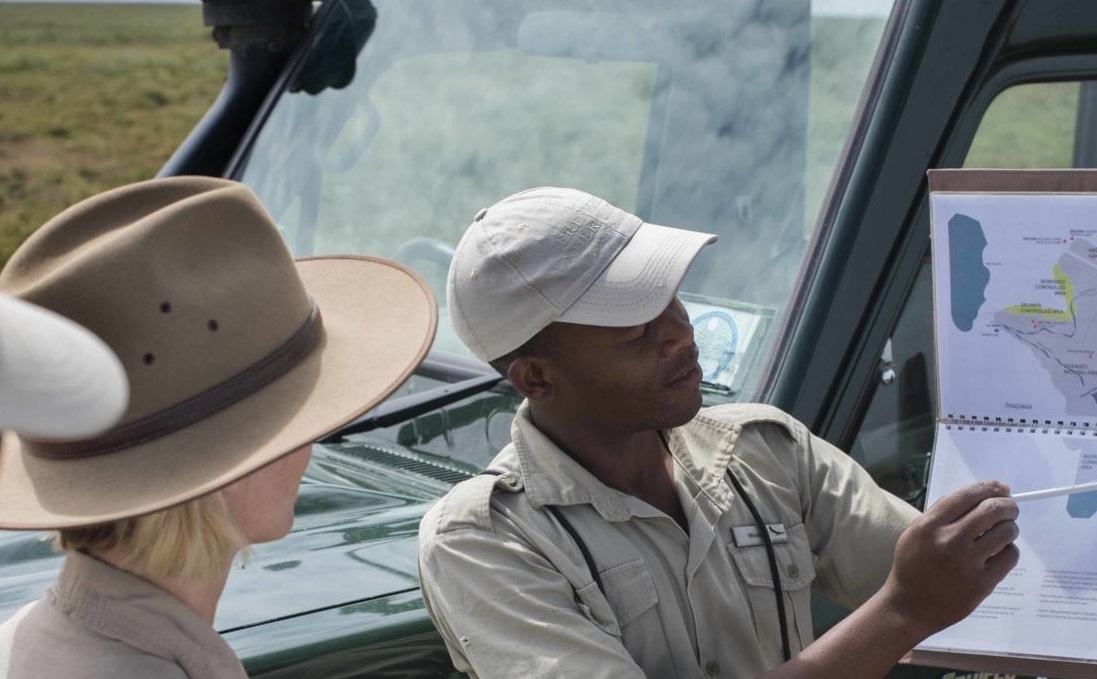
We believe in the value of people. Our travel experts have extensive experience and are here to help with any enquiry. Hope to hear from you soon!
Opening Hours
Monday - Friday
9am - 7pm
Saturday
10am - 4pm
Sunday
10am - 4pm

Trust
Your money is protected by our Trust account and Client account.

Experts
Our team are all experienced travellers, expedition leaders and instructors.
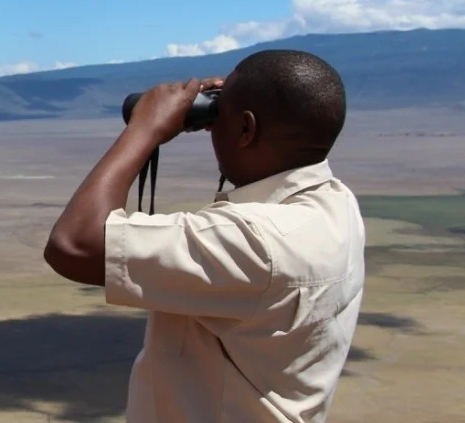

Built For You
We have over 10,000 available tours and something to suit everyone or Build Your own with our Tailor Made Team.
Call our experts on
+255 752 971 075
Flexible
- Free Date Changes
- Monthly Payment Plans
- Low Deposits
- Build Your Own

Value
We promise to make sure you enjoy the highest possible value for your budget.








